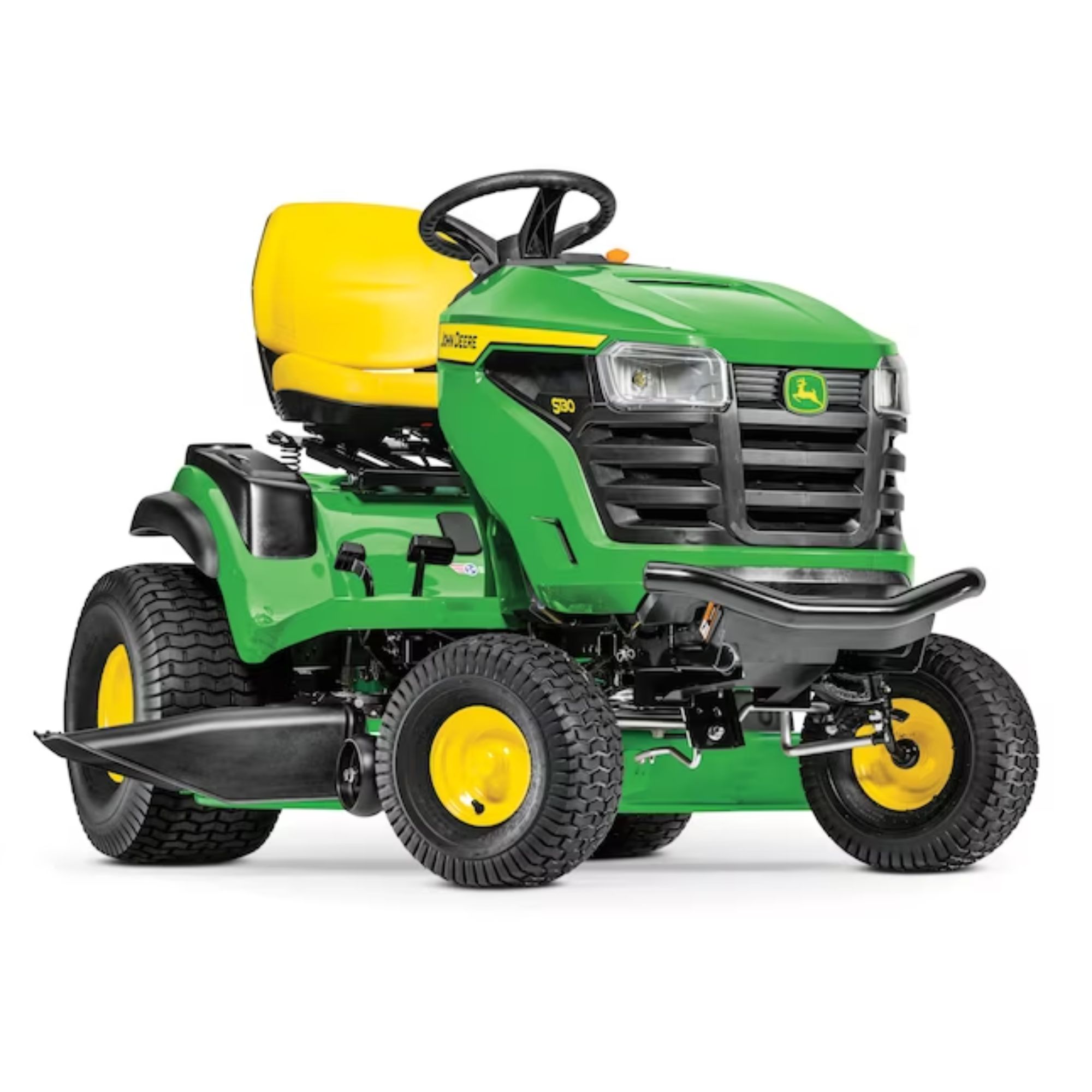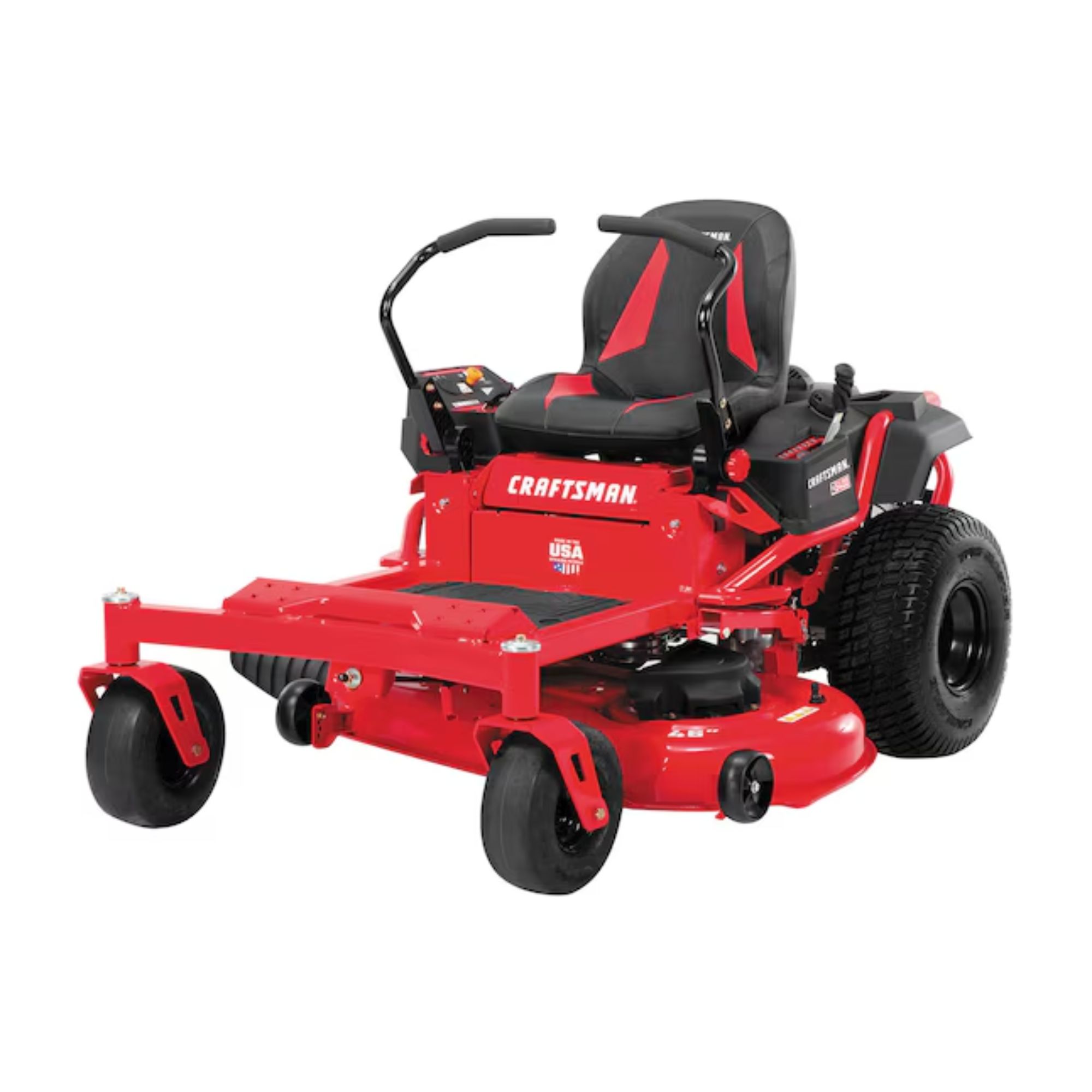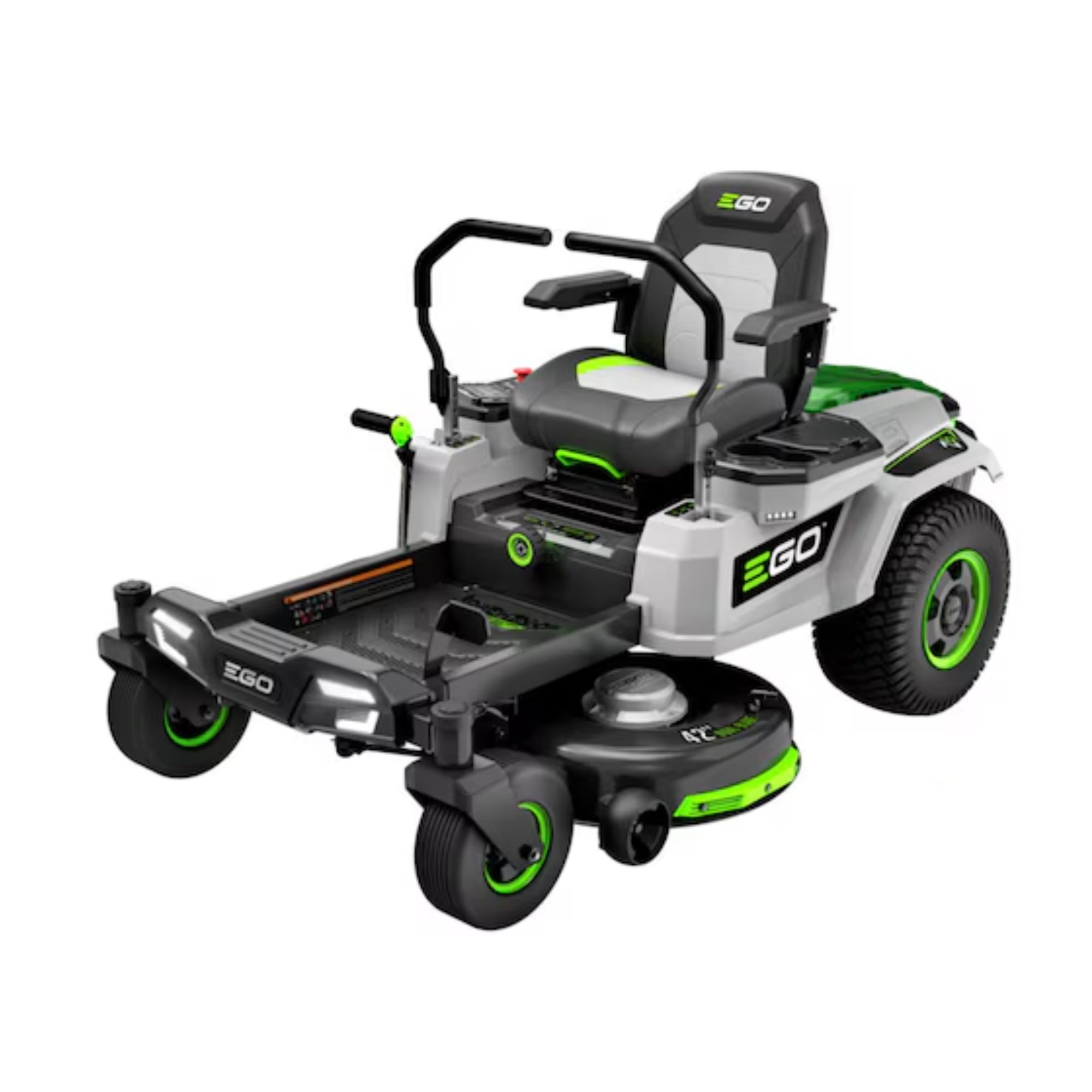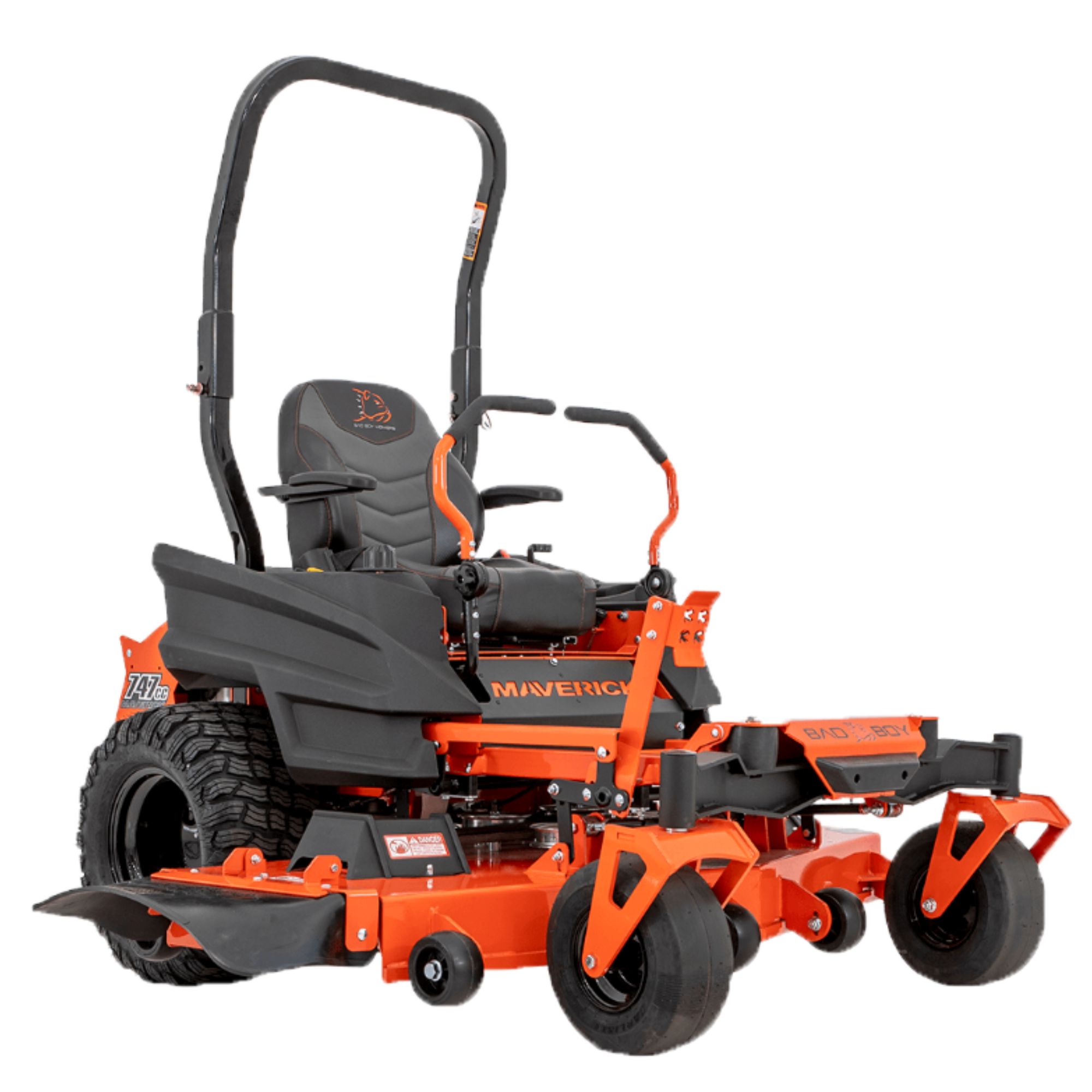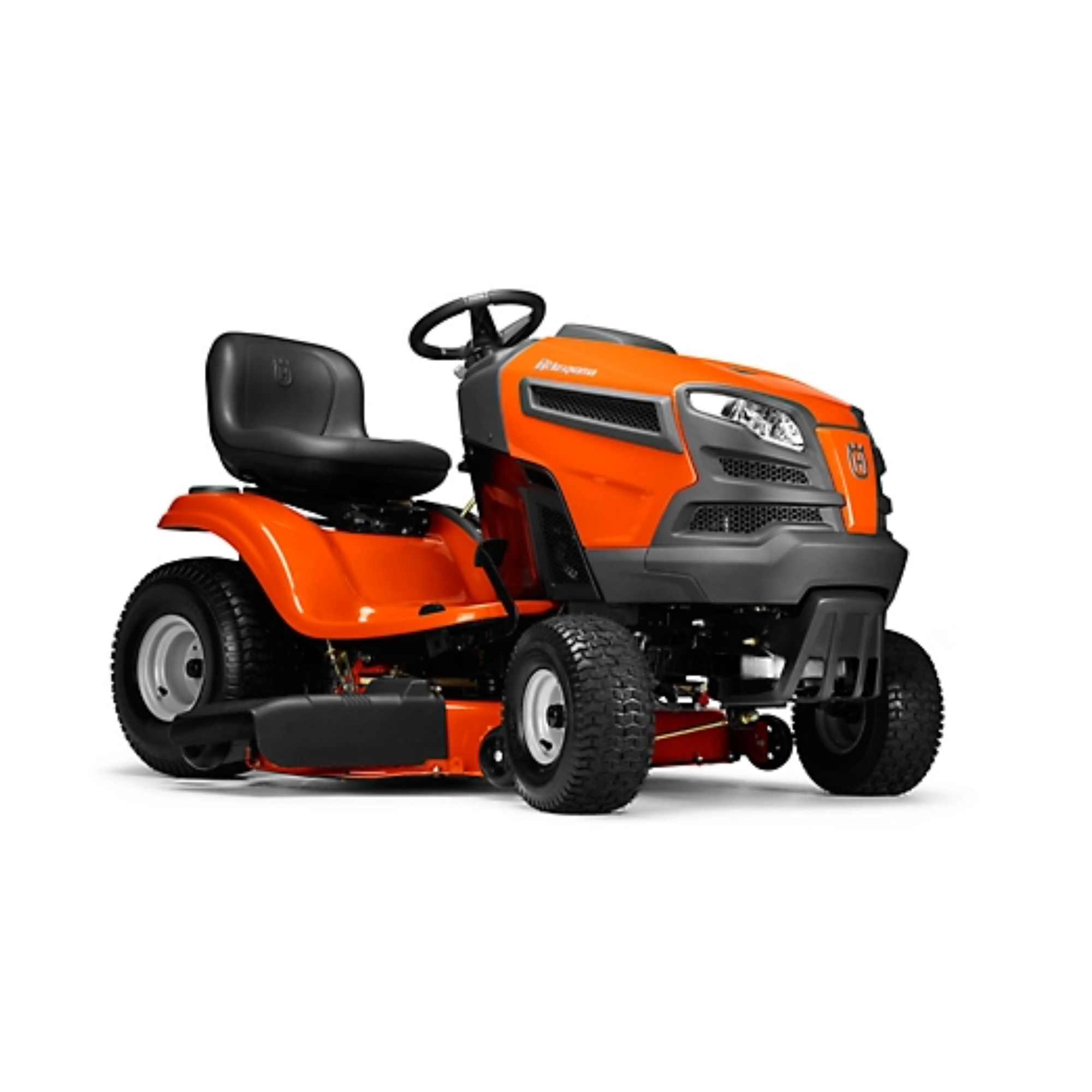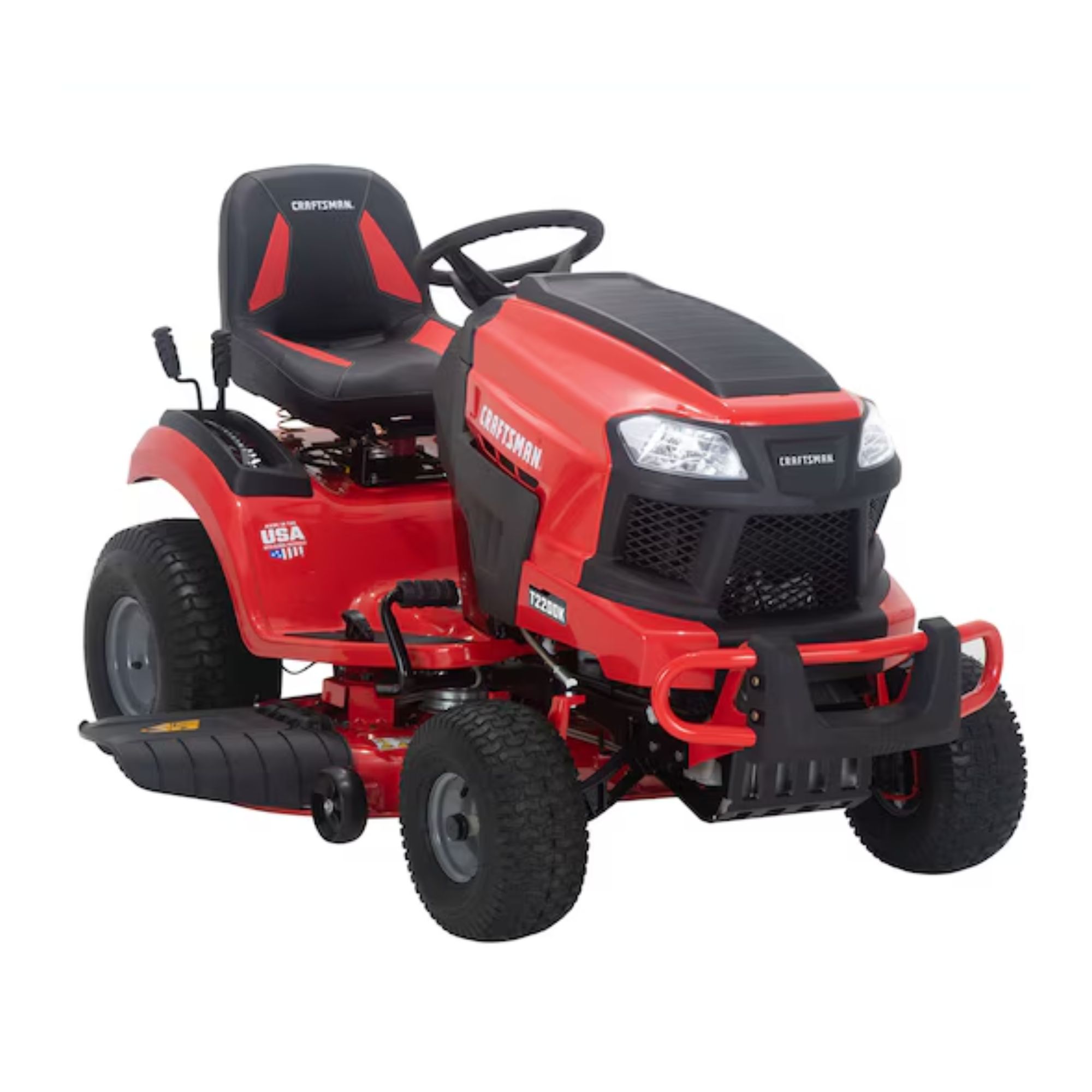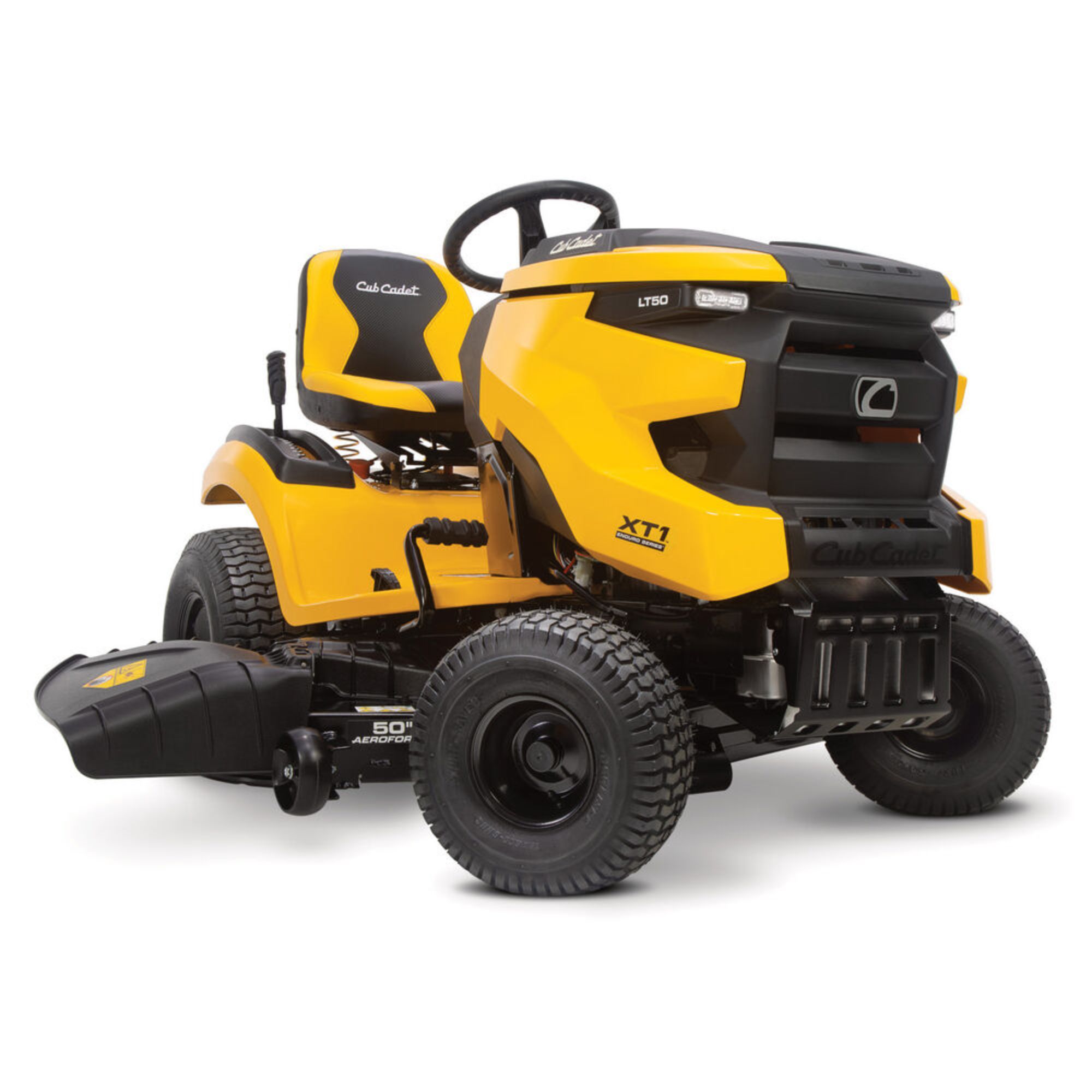Zero-turn vs tractor riding mowers – which is best?
This is how to pick between zero-turn vs tractor riding mowers

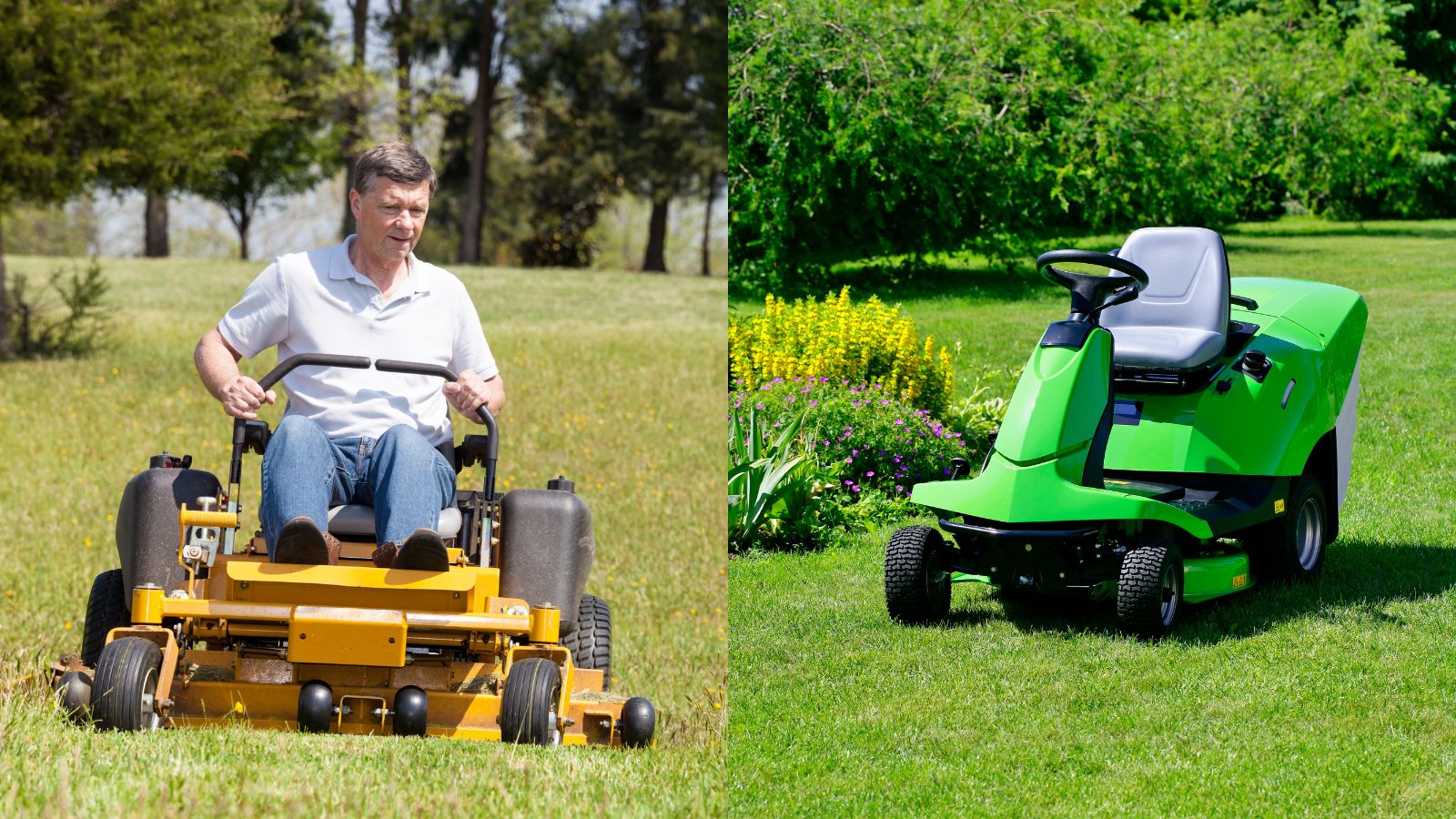
Design expertise in your inbox – from inspiring decorating ideas and beautiful celebrity homes to practical gardening advice and shopping round-ups.
You are now subscribed
Your newsletter sign-up was successful
Want to add more newsletters?

Twice a week
Homes&Gardens
The ultimate interior design resource from the world's leading experts - discover inspiring decorating ideas, color scheming know-how, garden inspiration and shopping expertise.

Once a week
In The Loop from Next In Design
Members of the Next in Design Circle will receive In the Loop, our weekly email filled with trade news, names to know and spotlight moments. Together we’re building a brighter design future.

Twice a week
Cucina
Whether you’re passionate about hosting exquisite dinners, experimenting with culinary trends, or perfecting your kitchen's design with timeless elegance and innovative functionality, this newsletter is here to inspire
If you want to make mowing the lawn a little easier, a riding mower is the perfect way to do it in style. Whether a zero-turn or a tractor mower, these mowers let you put your feet up and mow the lawn in comfort.
However, if you've ever looked into buying one of these machines, you'll know that the price tag can be a little eye-watering. Moreover, it's not always clear which is between when it comes to zero turn vs tractor mowers.
That's where I come in. I've spent much of my career testing dozens of the best lawnmowers. I know all of the benefits and shortcomings of both models, so I know exactly which is best for every kind of gardener. I also spoke to landscaping industry experts for their insights and recommendations about which type of riding mower comes out on top.
What's the difference?
The main difference between the two mowers is steering. 'Zero-turn' mowers are so-called because their turning radius is zero degrees. More simply, these mowers can turn around on the spot, like a tank.
Tractor mowers, on the other hand, are like cars, so they have a much wider turning circle. Zero-turn mowers are operated by levers, whereas a tractor mower has a steering wheel. You can see some more of the differences below:
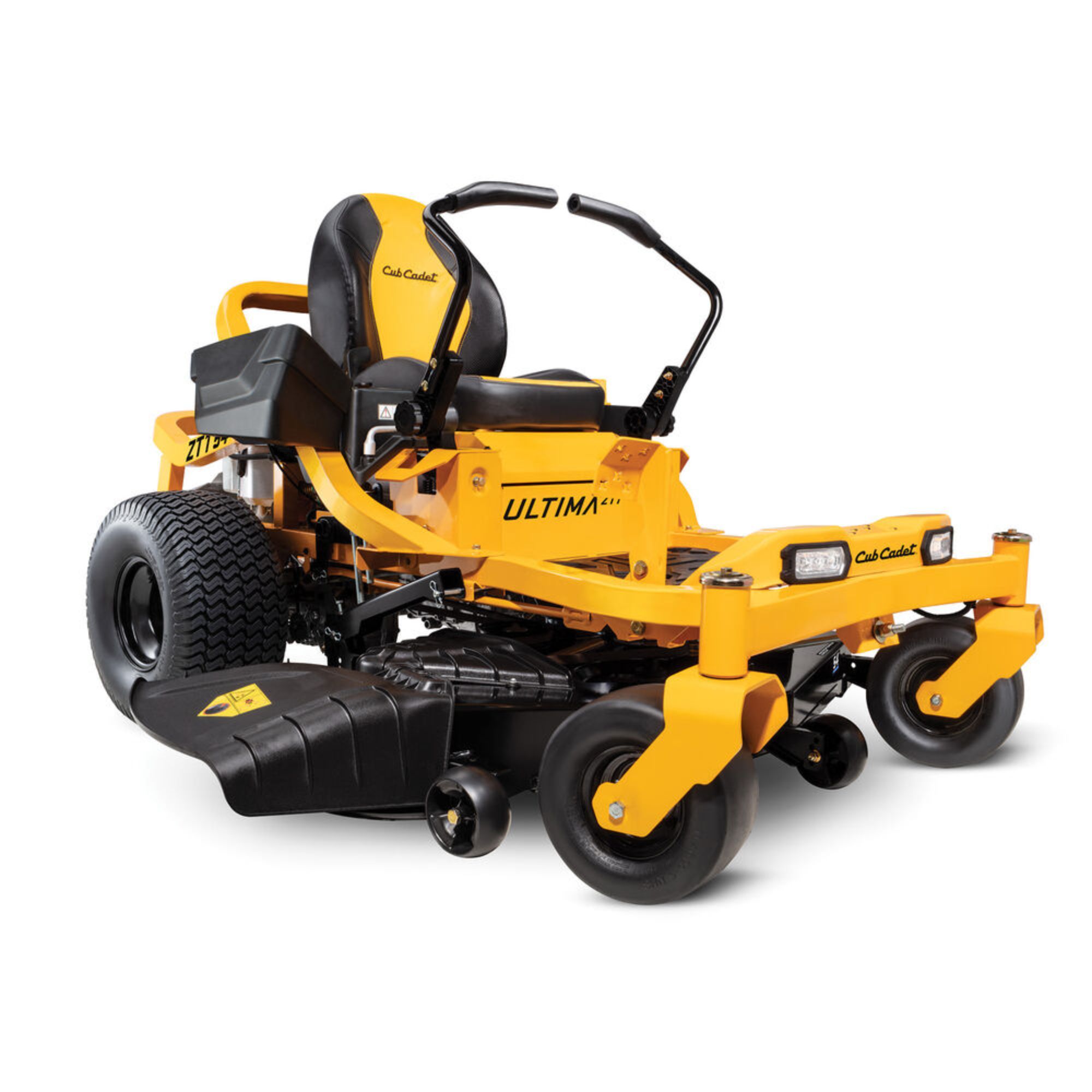
Cutting deck: 54"
Acreage: 3-4
Cutting increments: 1'' - 4.5''
Top speed: 7 mph
If you have to tackle 3 or four acres, you need this behemoth. The huge 54-inch deck is great for taking on a large area, and it's one of the fastest riding mowers I've seen, with a max speed of around 7mph. The tubular steel frame will last for years, and the cup holder is a welcome touch for mowing in the heat.
What are the benefits of zero-turn mowers?
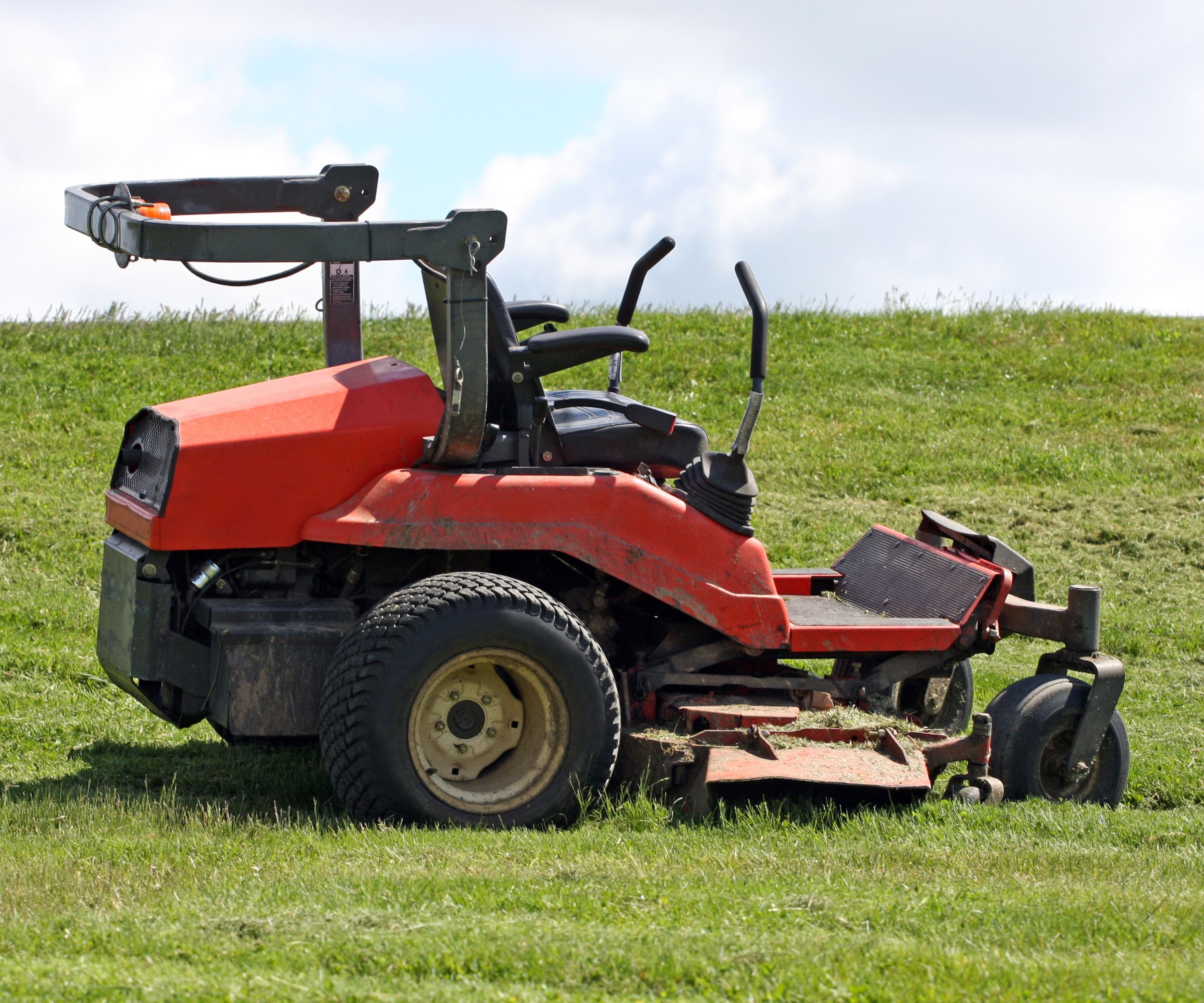
The biggest benefit of a zero-turn mower is the lack of a turning circle. A zero-turn mower is a lot nimbler than a tractor mower, and great for maneuvering in tight spaces. If you have a lot of borders or trees in your yard, a zero-turn mower will easily mow around them.
Lawn expert Gene Caballero agrees, telling me 'Zero-turn mowers excel in maneuverability and speed, allowing them to navigate easily around obstacles like trees or garden beds.'
Design expertise in your inbox – from inspiring decorating ideas and beautiful celebrity homes to practical gardening advice and shopping round-ups.
Zero-turn mowers also tend to be bigger than tractor-mowers. They usually have much larger cutting decks, so they're a better option for large yards of more than 3 acres. They're also a lot faster than tractor-mowers, so they can cover a larger area much faster.
You may also find it easier to cut precisely. Unlike tractor mowers, where the cutting deck is slightly behind you, zero-turn mowers offer a clear line of sight to the lawn.
Ultimately, they're the type that expert Gene Cabellero prefers. 'I would opt for a zero-turn mower for its efficiency and time-saving capabilities in lawn maintenance, particularly if the primary use is straightforward mowing.'

Gene is a passionate entrepreneur who is dedicated to revolutionizing the lawn care industry through technology and innovation. He is committed to making lawn care services more accessible and affordable for homeowners while also helping local lawn care professionals grow their businesses.
What are the drawbacks of a zero-turn mower?
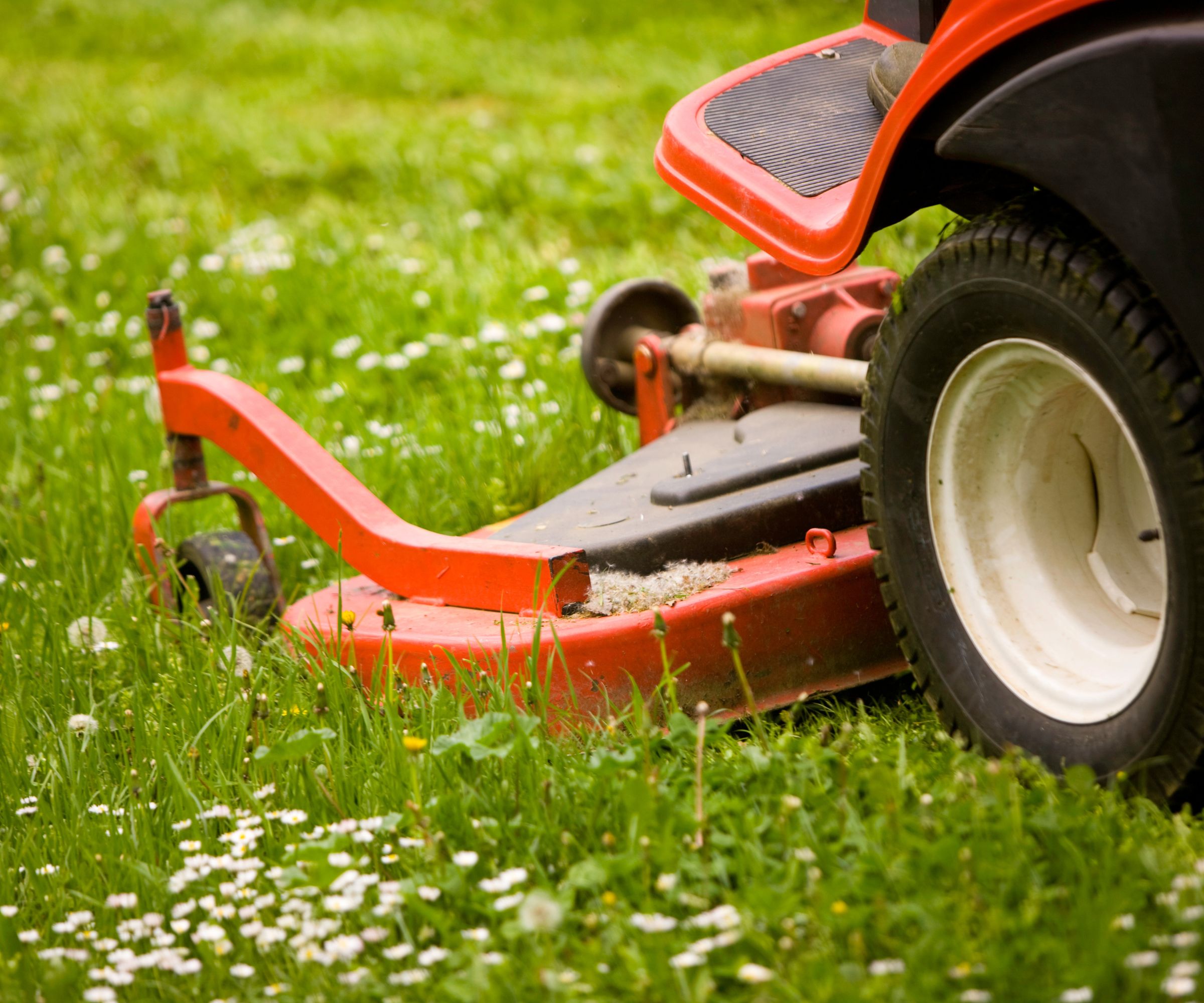
The biggest drawback of a zero-turn mower is the price. It's not a hard-and-fast rule, but zero-turns tend to start at around $3000, whereas tractor-mowers start at $2000. If you're mowing on a budget, you should probably stay away from zero-turn mowers.
There's also something of a learning curve with a zero-turn mower. A tractor-mower is as simple as driving a golf cart, but it takes a little practice to get used to a zero-turn. What's more, because they're so big, they're overkill for small lawns. This also means that they can be difficult to store unless you have a large shed or garage. Despite their speed, they're also surprisingly limited by terrain.
Lawncare expert Taylor Olberding told me that 'the cons of zero-turn mowers are that they are not very suitable for hills or small gardens.'
Finally, unlike riding mowers, zero-turn mowers are single-task machines. They shouldn't be used for pulling or towing. Most can't be used as snow plows or lawn sweepers.

Taylor is the Co-Owner of Heroes Lawn Care, a lawn care services company. A lawncare expert, Taylor has a degree in turf and landscape management from the University of Nebraska.
What are the benefits of a tractor mower?
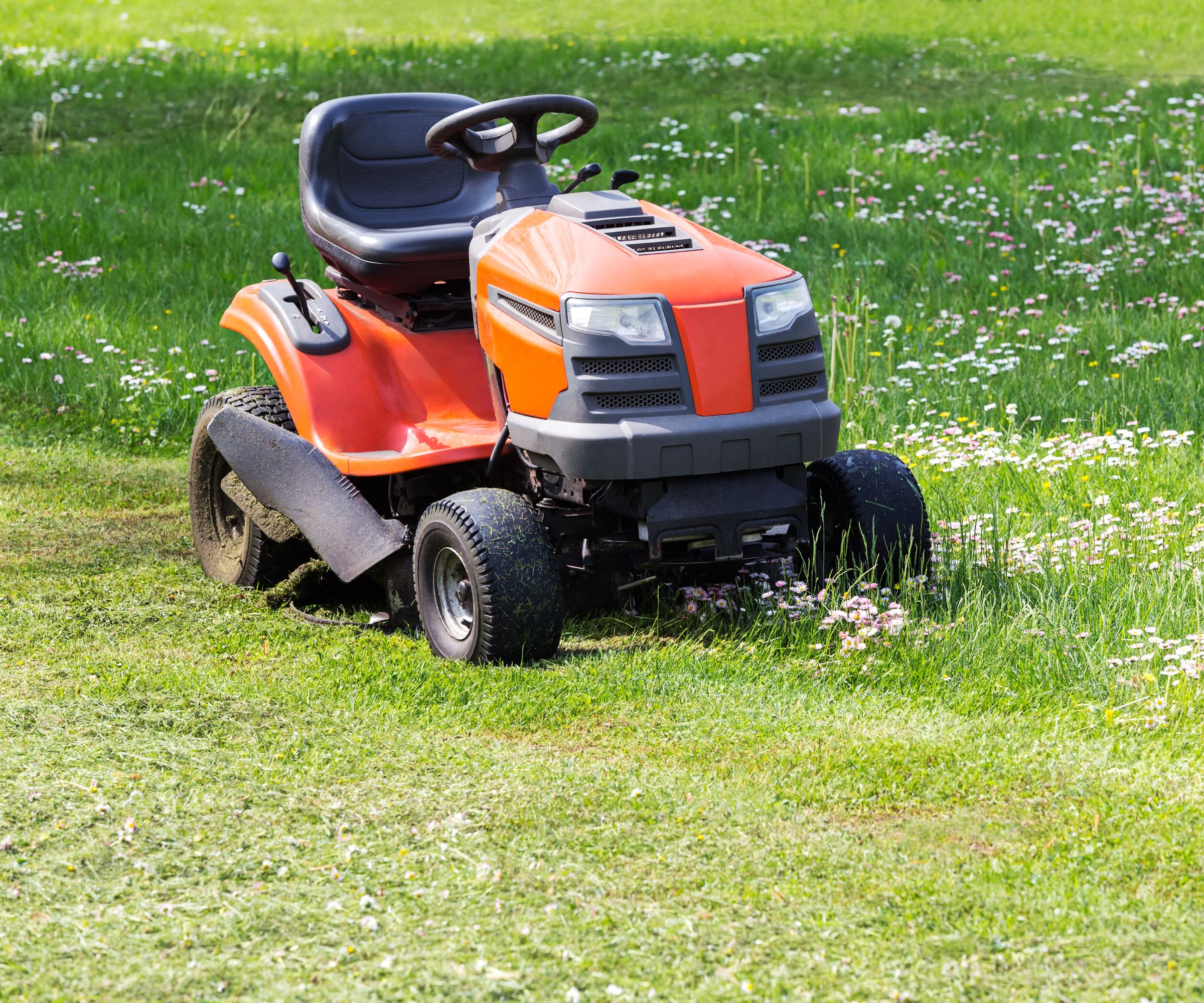
The most obvious benefit is that tractor mowers are cheaper than zero-turn mowers. Again, it's not guaranteed, but most tractor mowers are less expensive than zero-turn mowers.
Unlike zero-turn mowers, tractor mowers can handle different types of yard work. Most of them can be fitted with blades for moving snow, or even with snow blowers, which can be incredibly useful in winter. Even if you don't live somewhere snowy, you might find it useful to have a tractor-mower, as you can buy large carts for towing yard equipment, logs, or garden waste.
I've also seen lawn sweepers, brushes, dethatchers, aerators, and fertilizer-spreading attachments. Some are rated for zero-turn mowers, but zero-turn mowers operate with delicate engines which often aren't suitable for hauling.
Tractor mowers are also much better at dealing with hills than zero-turn mowers, so they're a great choice if your garden slopes. Tractor mowers are also smaller than zero-turn mowers, so they're much easier to store.
What are the drawbacks of a tractor mower?
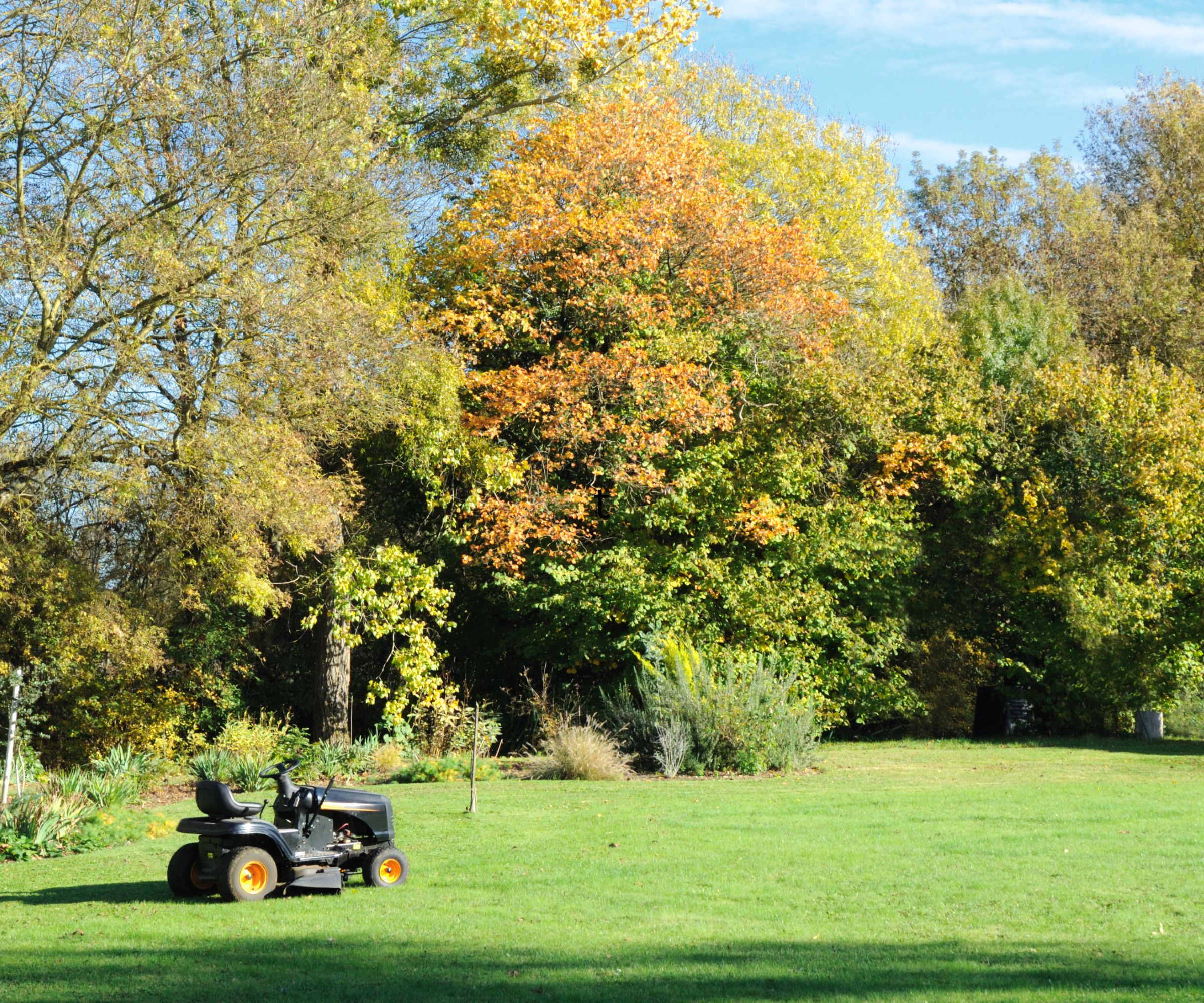
The first drawback is that tractor mowers are less precise than zero-turn mowers. You can't turn around on the spot, so if you have a lot of obstacles in your lawn or a tight turn next to a border, you may struggle with a tractor mower.
Another drawback is that tractor mowers are a lot slower than zero-turn mowers. This is partly because they have a smaller cutting deck, so they cut less grass as they drive, but also because they are literally slower; they tend to be about half as fast as a zero-turn mower.
Buy a zero-turn mower if...
- You want precise cutting
- You have a large lawn
- You want speed
- Money is no object
Buy a cordless mower if...
- You have a small lawn
- You want to use attachments
- You have a hilly garden
- You're on a tighter budget
However, these riding mowers aren't your only choice. Push mowers are still a great investment, so its worth considering how much you should spend on a lawnmower and the benefits of the different types before you buy.

As a gardens and lifestyle contributor, Alex makes sure readers find the right information to help them make the best purchase. Alex got his start in reviewing at the iconic Good Housekeeping Institute, testing a wide range of household products and appliances. He then moved to BBC Gardeners’ World Magazine, assessing gardening tools, machinery, and wildlife products.
